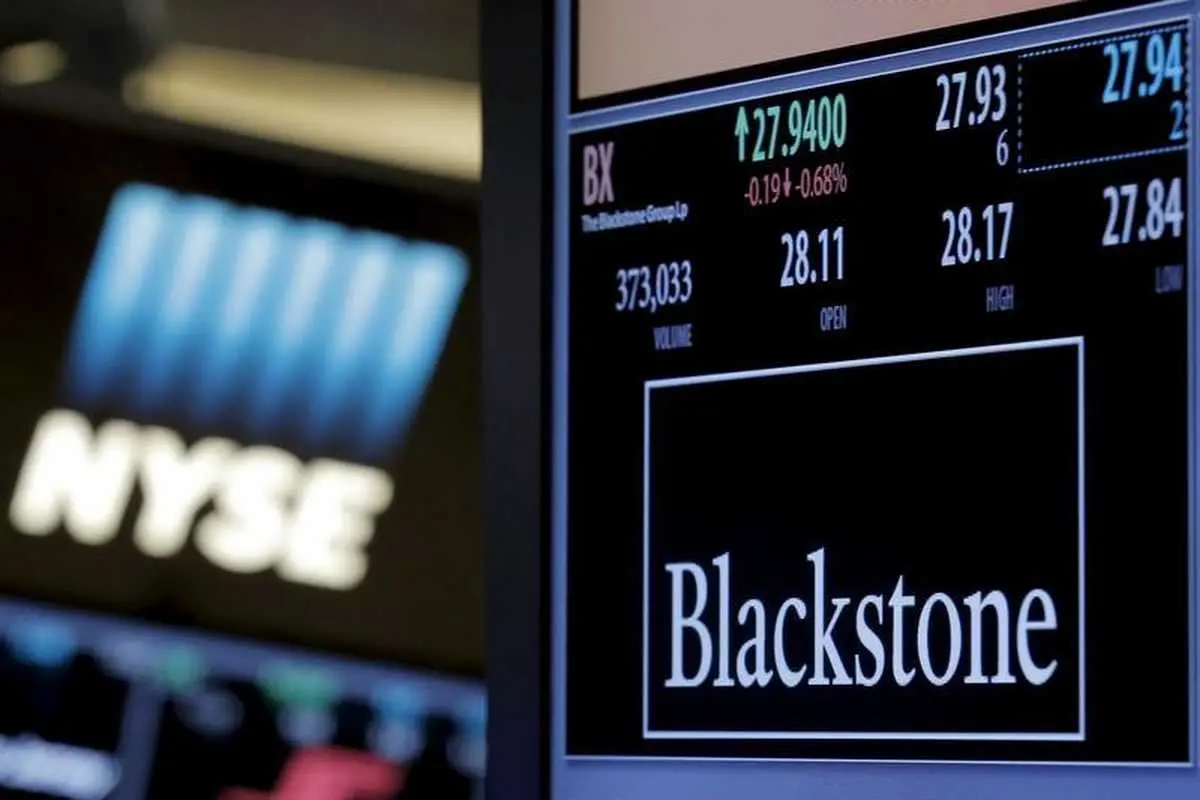PHOTO
NEW YORK - Tradeweb’s initial public offering is falling short on governance. The company, which provides electronic trading for bonds and derivatives, on Thursday revealed its plans to go public. But supervoting stock will augment the majority control that Refinitiv, one of private-equity firm Blackstone's portfolio companies, already has over the electronic-trading platform.
The structure, in which Refinitiv and other insiders will get 10 votes a share and public investors only one, ensures Refinitiv and thus Blackstone will retain voting control even if they decide to sell enough shares to fall below a majority economic interest. That’s something they might choose to do, for example, to help reduce the debt taken on to fund last year’s leveraged takeover of the former Thomson Reuters, Finance & Risk division.
Governance experts like the Council of Institutional Investors say every share should have one vote, and about nine out of 10 U.S. public companies do, according to the CII. There are plentiful exceptions, though, including ride-hailing app Lyft in its recently filed IPO document.
Tradeweb’s ownership structure is complex enough to start with. Ten banks, many of which have been investors since the company’s early days in the late 1990s, own 46 percent. The other 54 percent rests with Refinitiv, which is itself 55 percent owned by Blackstone, with Breakingviews parent Thomson Reuters owning the rest.
The idea is to use the IPO proceeds to reduce the banks’ collective stake, simplifying ownership. The problem is that Blackstone and Refinitiv are creating a new, complicated structure. Tradeweb will have at least three and potentially four classes of shares after its stock-market debut. Two classes, held by Refinitiv, the banks and Tradeweb executives, will carry the extra votes.
The subpar voting power for public investors, without the justification sometimes claimed by, say, a visionary founder who wants to stay in control, is one reason some of them could decide to mark down Tradeweb’s market worth. The question is by how much. Listed rival MarketAxess, which boasts higher EBITDA margins than Tradeweb, trades at 49 times last year’s earnings. Tradeweb may be targeting a valuation of $5 billion or so, according to news reports in the Financial Times and elsewhere. That equates to just 21 times the company’s bottom line in 2018.
It’s the job of Tradeweb’s bankers to persuade IPO investors to narrow that gap. Moving to one share, one vote could be one way to do it.
CONTEXT NEWS
- Electronic bond and derivatives trading platform Tradeweb Markets on March 7 published its filing for a U.S. initial public offering. The company is currently majority-owned by Refinitiv, with a 54 percent interest. Thomson Reuters, the parent company of Breakingviews, owns 45 percent of Refinitiv, with private equity firm Blackstone owning the remainder.
- A consortium of banks owns 46 percent of Tradeweb. They are Barclays, Citigroup, Deutsche Bank, Goldman Sachs, JPMorgan, Bank of America Merrill Lynch, Morgan Stanley, RBS, UBS and Wells Fargo.
- A publicly traded Tradeweb would have three classes of common stock immediately following its IPO. Class A would have one vote per share, while holders of Class B and D shares would have 10 votes per share. Refinitiv would hold all Class B shares, while Refinitiv, bank shareholders and Tradeweb executives would own the Class D shares.
- Tradeweb intends to use the proceeds from the IPO to reduce the ownership stake of the banks, retiring whatever portion of Class D stock is redeemed.
- JPMorgan, Citigroup, Goldman Sachs and Morgan Stanley are the lead managers of the IPO.
(Editing by Richard Beales and Martin Langfield)
(( antony.currie@thomsonreuters.com ; Reuters Messaging: antony.currie.thomsonreuters.com@reuters.net ))
© Reuters News 2019





















